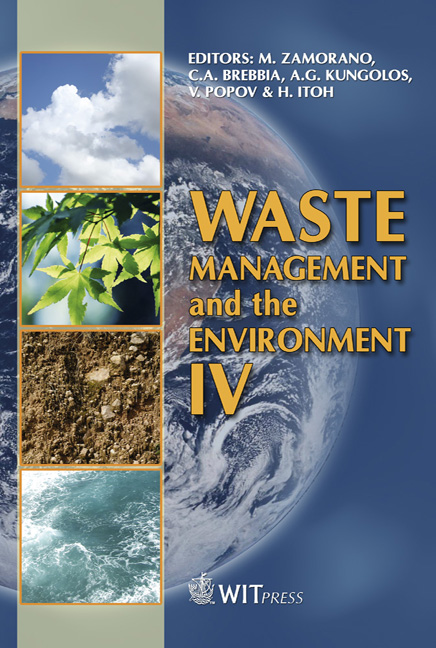Technical Detailing Principles For The Design Of Adaptable And Reusable Construction Elements In Temporary Dwellings
Price
Free (open access)
Transaction
Volume
109
Pages
9
Page Range
425 - 433
Published
2008
Size
2,196 kb
Paper DOI
10.2495/WM080441
Copyright
WIT Press
Author(s)
A. Paduart, W. Debacker, C. Henrotay, K. Asnong, W. P. De Wilde & H. Hendrickx
Abstract
Nowadays, global awareness of the impact of human activities on the natural world is more relevant than at any other time in history. The construction sector has been influencing and modifying the natural world in an undeniable way. Buildings are constructed in response to specific needs of a contemporary society and afterwards often demolished as a result of a change in these primary needs. It is clear that unsteady factors of life and society contribute to the flux of materials used in all types of construction, including renovation, adaptive reuse, deconstruction and every other kind of building effort. To reduce the consumption of valuable materials and the depletion of natural resources, waste management of constructions needs to be taken into account in the early stages of design. This requires innovative design strategies that anticipate an eventual demolition and provide versatile and adaptable structures. Research in adaptable/reusable architecture currently lacks an organizing, and systematic theoretical basis. \“4Dimensional Design Strategy” (4D), developed by H. Hendrickx and H. Vanwalleghem (Solutions derived from natural processes harmonising nature and material culture. In Proc. of the 1st Conf. on Design and Nature. Comparing Design in Nature with science and engineering, WIT, UK and P. Pascolo, Universita degli di Udini, Italy, p.10, 2002) proposes a dynamic and systematic view on the built environment. 4D is a guide to design adaptable and compatible construction systems, by which a variety of adaptable and reusable construction components and constructions can be composed. It offers high potential for recycling and (direct) reuse. The development of adaptable and reusable construction systems requires a number of practical design rules. A preliminary analysis of existing flexible buildings systems revealed important preconditions for the practical detailing of adaptable buildings. Using the 4D design strategy, this paper formulates additional technical detailing principles for adaptable constructions. The emphasis will be put on the integration of technical service systems, waterproof connections, and thermal and acoustic insulation. These principles will be further detailed through a characteristic case study: temporary dwellings. Keywords: waste management, adaptability, reuse, 4D, construction systems.
Keywords
waste management, adaptability, reuse, 4D, construction systems.





